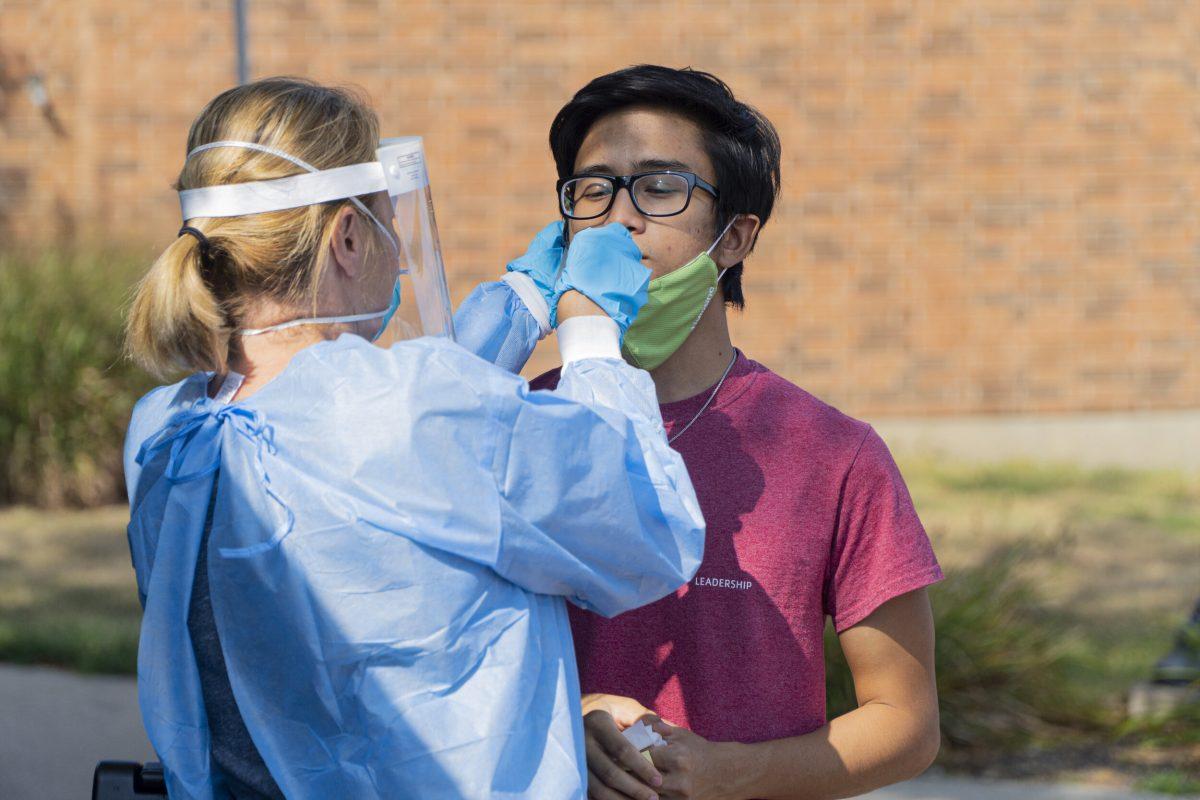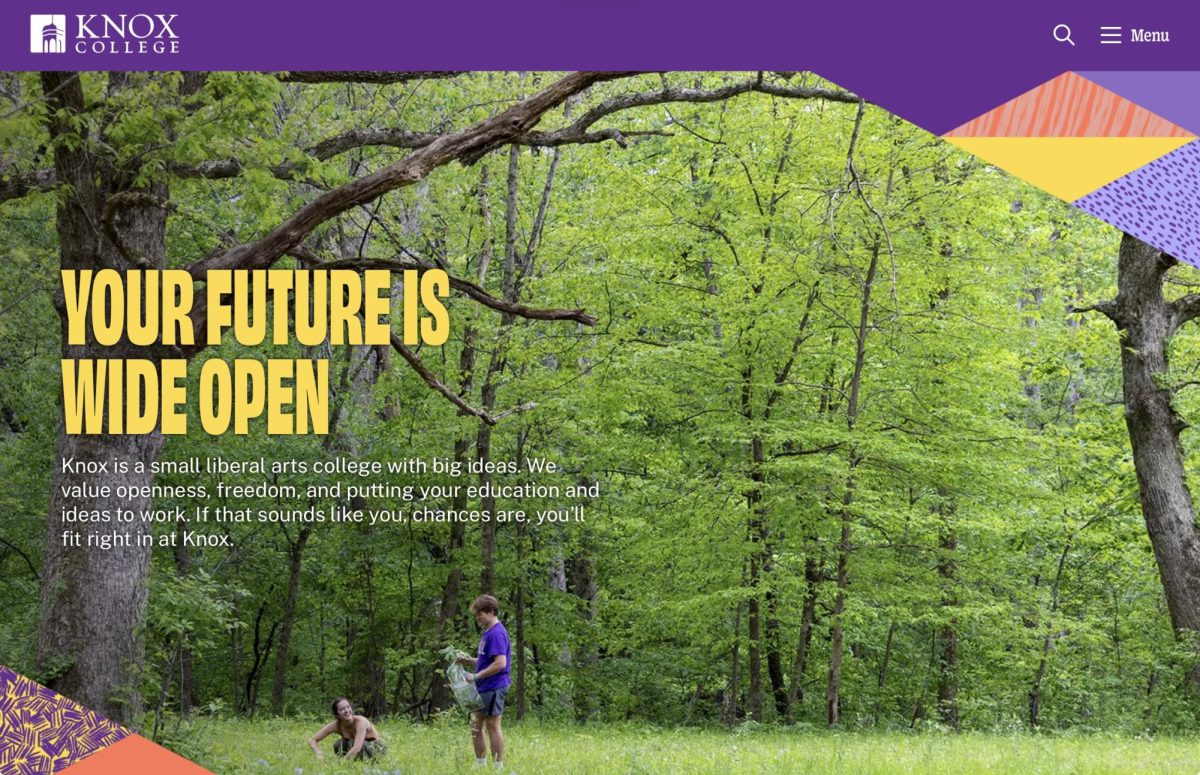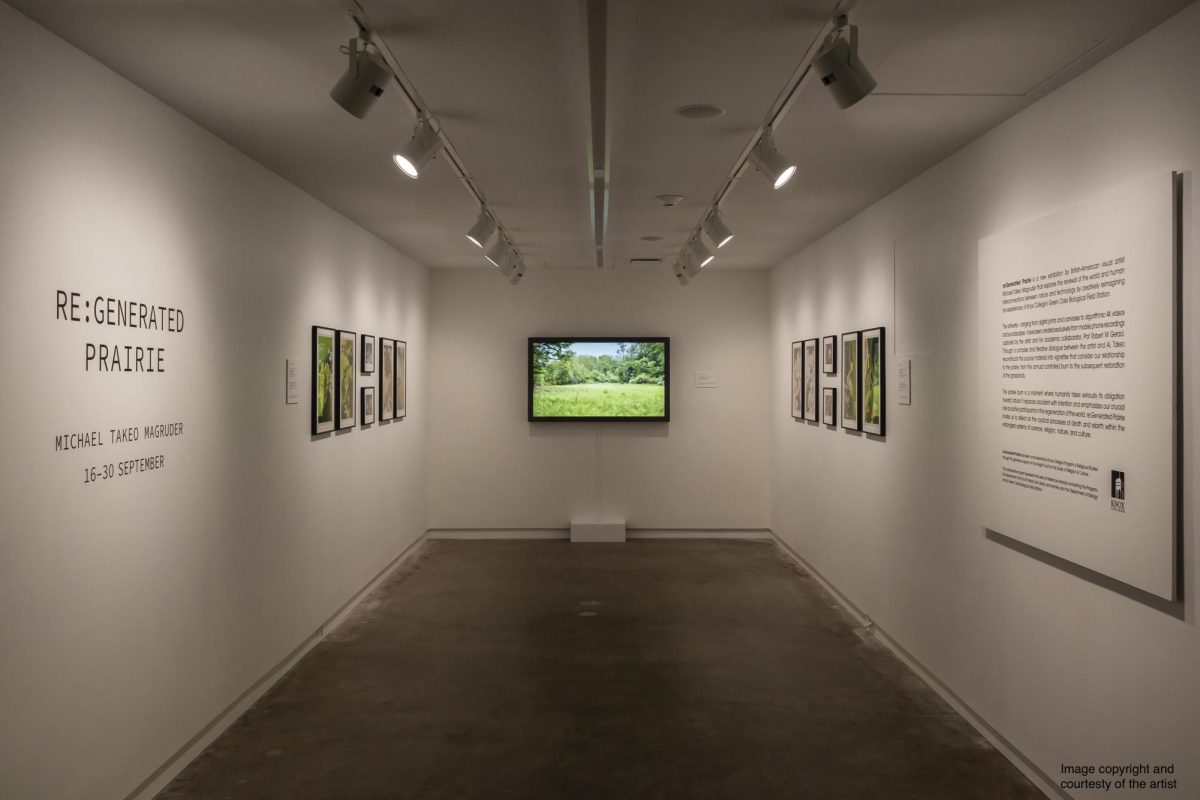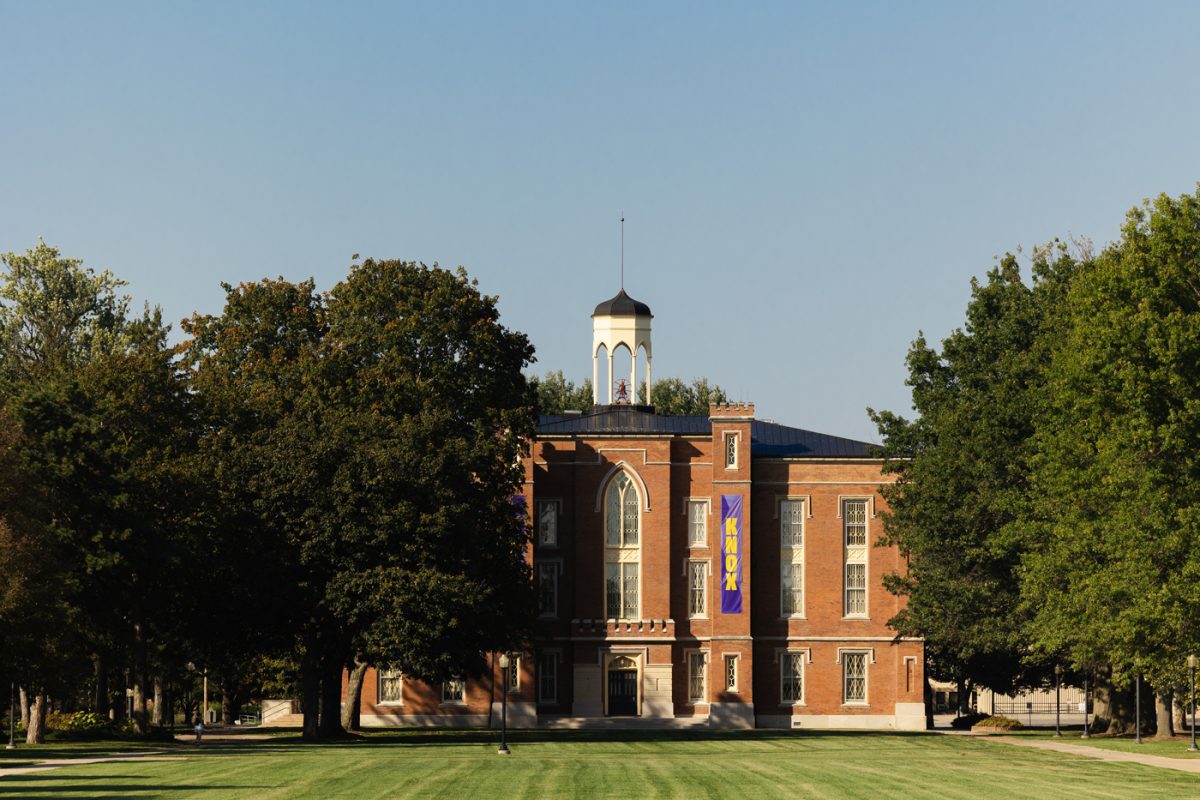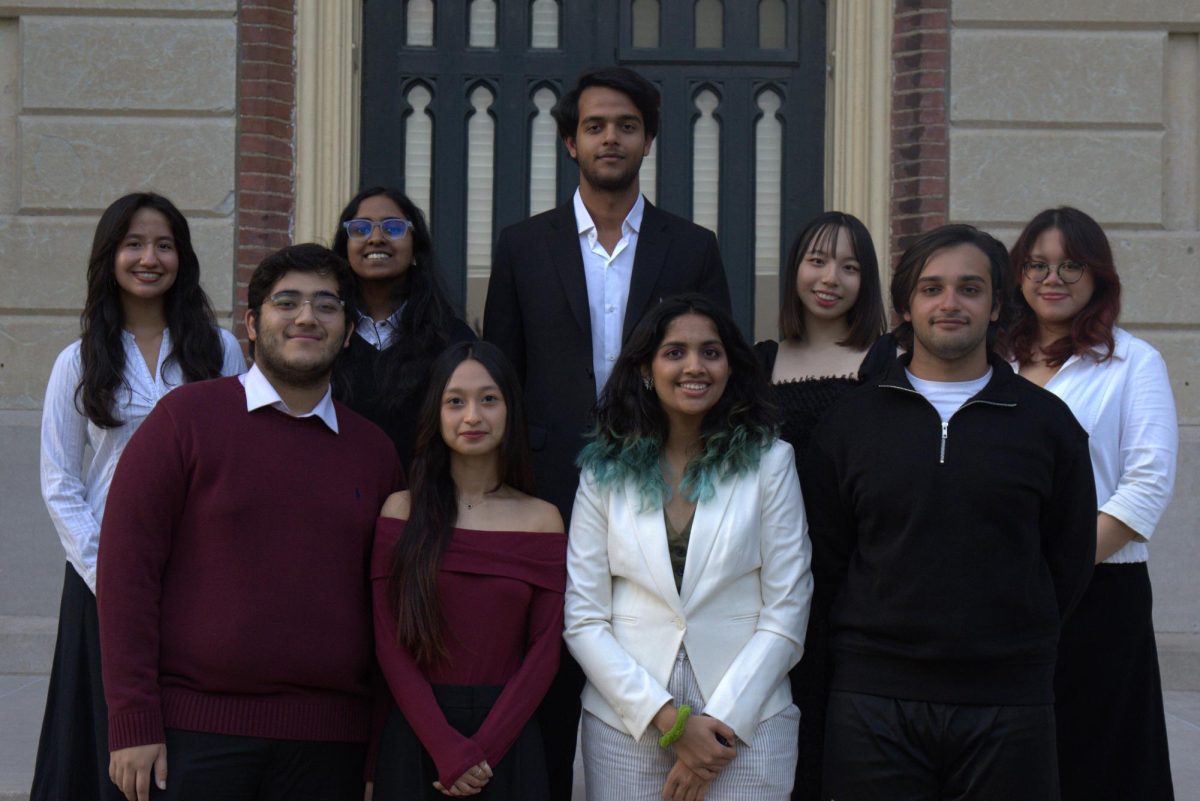The Knox Health Services will offer most services by appointment due to COVID-19.
Health Services have modified their daily operations and physical space so they can continue to serve sick and injured Knox students during the pandemic. Visits will mainly be on an appointment only basis and some services have been moved off campus.
Abby Putnam, Director of Health Services, said the Health Services will ideally hold a maximum of four students at one time: one in each of the two exam rooms and one on each side of the divided waiting area. A room divider will stand between a sick student on one side of the waiting room and a well student on the other. Ideally, the waiting room will not be used at all.
In order to be seen, Putnam asks that students make appointments rather than walking in. She says making appointments does require more coordination between students and Health Services staff, but it allows staff to properly screen students before allowing them into that space.
While sick and injured students will still be seen on campus, most reproductive health services have been moved to Family Planning of Western Illinois, located on Main Street, until further notice. Putnam is still willing to give students pregnancy and STD tests and fill existing birth control prescriptions, but students who need family planning services like a new birth control prescription will be referred to Family Planning.
Health Services will also oversee COVID-19 testing throughout the term. Both rounds of arrival testing finished this week, and results will continue to come in through Friday at the latest. With arrival testing finished, Putnam will be turning her attention to weekly surveillance testing. Health Services will be randomly selecting between 80 and 100 students to test for COVID-19 each week.
Randomly selected students will receive an email letting them know that they have been selected for testing and giving them two time blocks to get their test. Putnam said that Health Services will ask students to make the additional testing a priority, even if that means missing the first ten minutes of a class.
Putnam emphasized the importance of the Knox community staying vigilant but managing their fears about COVID-19. She worries about students and employees who are on two extremes of the spectrum: those who are overly afraid of the virus and those who have no concerns about the virus. Putnam urges the Knox community to take precautions but not to become anxious over the virus.
“That’s what COVID is. It’s just balancing and finding a middle ground to where we do things safely but still are able to go on with life,” Putnam said.

